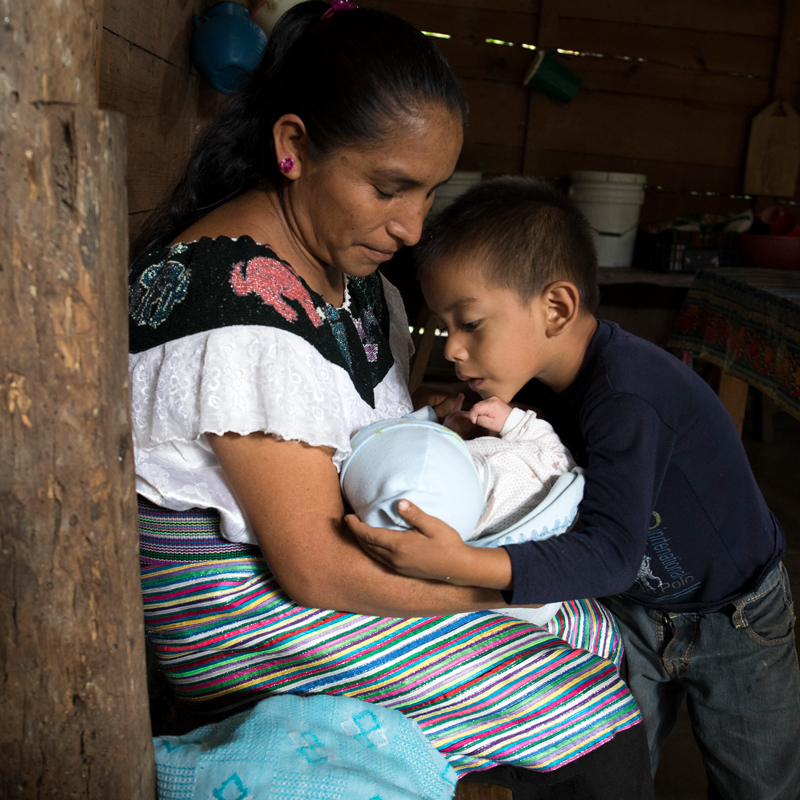To the Editor:
This is in response to "Small steps cut maternal deaths; Birth control, iron supplements, safe abortion help reduce mortality in Nepal" (News, Dec. 2).
I was pleased to see the recent article by Tribune foreign correspondent Laurie Goering on Nepal's success in reducing its maternal mortality rate.
The article correctly notes that deaths related to pregnancy and childbirth can be reduced significantly with education and access to health care and services.
Through our Population and Reproductive Health Program, the MacArthur Foundation is supporting similar efforts in India and Nigeria, two countries that comprise one-third of all maternal deaths globally.
The foundation is making an $11 million investment in a package of interventions aimed at reducing maternal deaths due to postpartum hemorrhage in those nations.
As in Nepal, the package includes the use of a drug called mistoprostol for the prevention of hemorrhage. But it includes much more than the drug.
The centerpiece of the package is an anti-shock garment, a low-cost neoprene suit that shows great promise in stabilizing women who are bleeding during childbirth, giving them time to reach a medical facility.
Worldwide there are more than 500,000 maternal deaths annually. Helping women have safer pregnancies and deliveries is a worthy goal in itself, but it is also an indicator of the availability of services that are needed for women to make informed reproductive choices.
In 2000, 189 nations committed to the eight Millennium Development Goals, including the reduction of maternal mortality by three-quarters by 2015.
Goering's article suggests that Nepal is embracing this important goal.
Other nations in parts of the world where maternal deaths are still too common should follow suit.
Jonathan F. Fanton, President



